Daily Inspiration
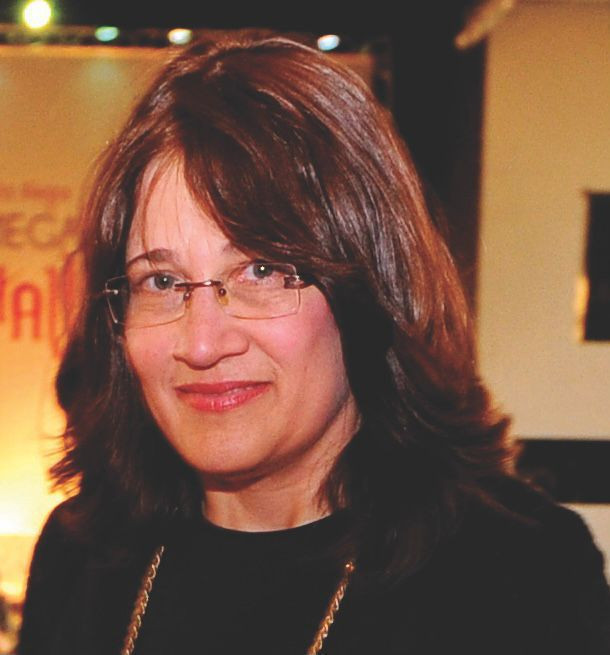
Creating a Shabbos
By Mimi Liberow, Porto Alegre, Brazil.
The goal and purpose of the Jewish home is that on the seventh day it becomes a Shabbos home…a sanctified home.
Yet, the transition from one extreme to the other, from the mundane of the weekday to the sanctity of Shabbos is beyond us. It's like taking a huge leap to get from the sidewalk to the seventh floor. Good intentions and a strong desire just aren't enough.
But, if one climbs up a ladder, one rung at a time, one can get there. And the same goes for welcoming in the intense beaming of G-dliness on Shabbos. And, that experience is amplified to an infinitely greater extent if one dedicates
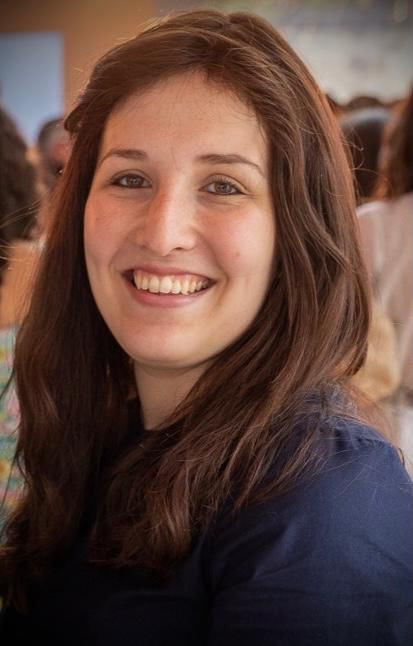
תהא אשה צנועה – Protecting What is Most Important
By Chaya Gourarie, Sydney, Australia.
When Hashem created Chava, He deliberated over which of Adam’s limbs should she be created from. He didn’t wish to create her from the eyes – so she wouldn’t be prying. He didn’t create her from the hands – so she wouldn’t be a thief; nor from the mouth – so she wouldn’t chatter excessively…and so too with the other limbs from which to choose. (Midrash Tanchuma, Vayeshev 39:6)
Ultimately, Hashem resolved to create Chava from Adam’s rib, which is hidden inside the body, so that she would be צנועה – modest, private, unassuming.
But of all the internal organs and body parts, why specifically did Hashem select the rib? The ribs are special in that they encase and protect the vital organs- the heart, lungs, spleen. The ribs protect the life and essence of a person.
A woman is a protector of humanity – insofar as having the ability to create and sustain life. Coming from the rib, a woman is all about tznius – modesty, hiddenness, privacy, which protects the vitality of Creation. As Hashem created each part of her body, He declared: “תהא אשה צנועה” – “be a modest woman” (Bereishis Rabba 18:2), giving all womankind the message that her essence is strongly aligned with tznius.
Notes the Lubavitcher Rebbe in a powerful insight: “All that is sacred to the nation of [Hashem] and is fundamental to the house of Israel – in establishing and rearing an upright generation, kashrus of food, the sublime pure holiness of Shabbos, was entrusted by Hashem, for preservation and development, to the woman of Israel…” (Hayom Yom, 26 Adar II).
It is us women who cling to our values of modesty, privacy and focusing inward who protect and uphold the foundations of our nation.
Our role as women is to nurture, protect and hold onto what is sacred. We were created in this way to give us the strength and courage to persevere and fulfil our mission.
As we knead our challah dough, we can remember who we are nurturing. As we kindle Shabbos candles we have in mind those whom we seek to protect. And as we proudly hold onto the values of tznius, we reflect on the nation that we are upholding.
It is up to us – as the attribute of tznius is bound up in our DNA – to hold on to and protect that which is most important…Hashem’s children, the Nation of Israel.
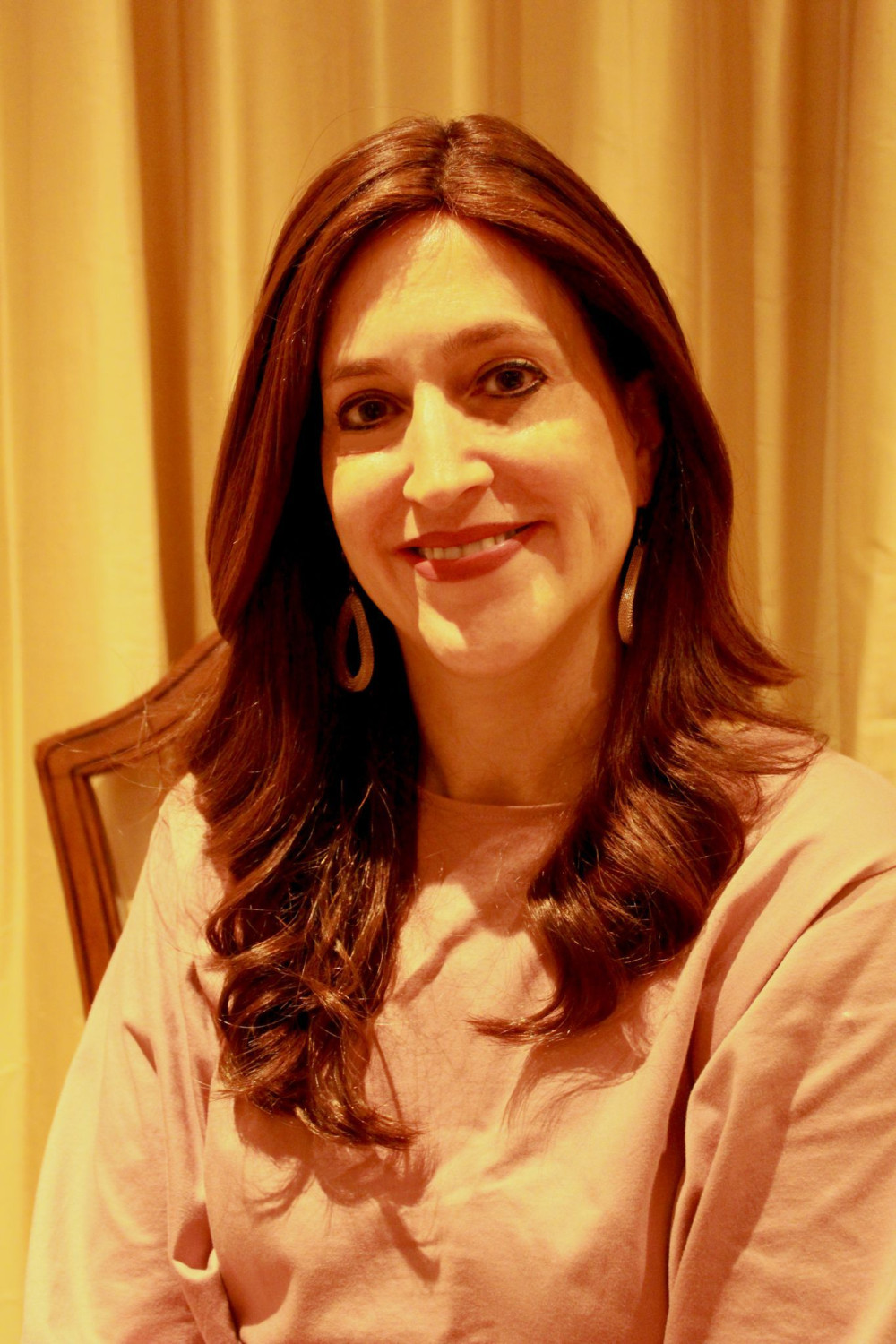
Tisha B’Av Inspiration
By Zelda Vogel, West London/Ealing, U.K.
How could Hashem have allowed the destruction of the Beis Hamikdosh? The Rebbe asks this question, noting that Halacha forbids anyone from destroying even one stone from it.
Since Hashem follows the Torah’s Mitzvos, permitting the destruction would be a violation of Hashem’s own Laws.
There is one scenario wherein it is permitted to destroy the Beis Hamikdosh (or a shul), namely, for the purpose of building something better in its place.
Thus, the destruction was conditional on Hashem rebuilding a better one, which means that Tisha B’av is inherently connected with Moshiach and the rebuilding of the Third Beis Hamikdosh. In the Amidah we pray for its completion, therefore, by implication, the Geulah (Redemption) is not something in the future, rather we yearn for the conclusion of a process that has already commenced.
How can we internalise this message? People struggle with challenges. In dealing with them, we should be aware of and focused on the possibilities inherent within those challenges. By recognising that everything is part of a process that leads to an outcome, we can strengthen our mind-set and our bitochon – our trust – that Hashem is leading us to a positive outcome.
As we are in the month of Menachem Av, may Hashem comfort us by completing the process, revealing the goodness in everything that we see and experience.
May we merit the Third Beis Hamikdosh with Moshiach now!
Sources:
Likutei Sichos 29,11
Rambam Hilchos Beis Hebechira 1:17 & R’ey Chapters 12,3 & 4 & Rambam Neg 65
Shemos Rabboh 30:9
Yalkut Shimoni Yirmiyahu #259
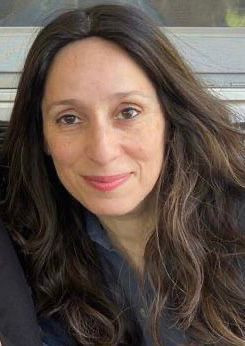
For this child I have Prayed (Shmuel I 1,27)
By Dina Brawer, Crown Heights, USA.
With these words, Chana is referring to her many years of prayer, asking to be blessed with a child and also beseeching Hashem for his life and continued well-being. The Gemara tells us that Chana was devastated that her young son Shmuel was condemned to death for ruling on a halacha in the presence of his teacher, Eli, Ha’Kohen Gadol. Eli tried to comfort Chana, promising her that she would be blessed with another son who would be even greater than Shmuel.
Chana responded and pleaded, “For this child have I prayed.” The Maharsha explains that Chana was saying this child carries within him hundreds of my tefillos, and those prayers cannot be replaced. Chana understood the impact of her tefillos and she wanted her prayer-filled son to thrive and be cherished. She wanted to continue investing her prayers in her existing son.
Chana is teaching us that tefillah is the primary ingredient in seeing nachas from our children. Hashem wants our prayers, He needs our prayers. We pray for the blessings we already have, not just for those blessings not yet granted.
ארבעים יום קודם יצירת הולד בת קול יוצאת ואומרת
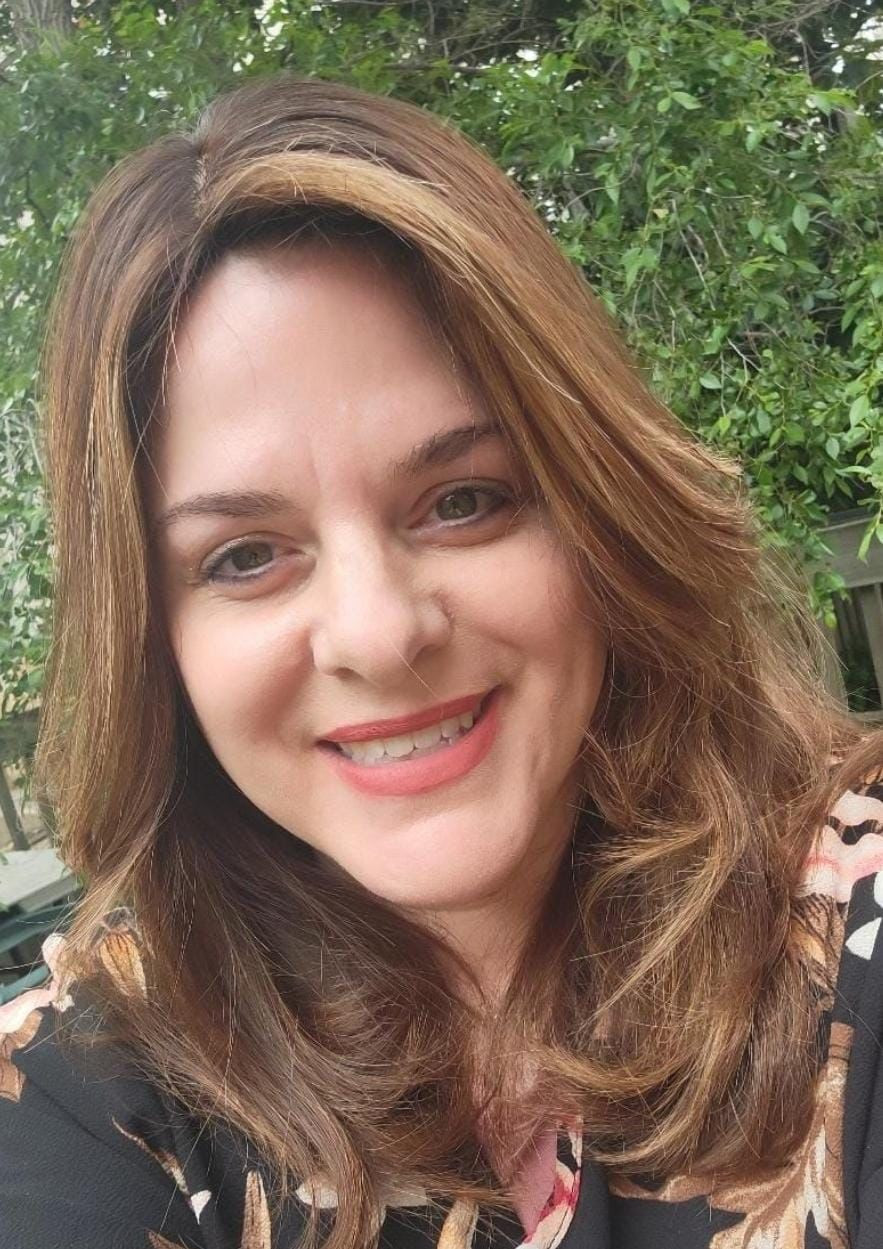
Heavenly Challah
By Chana Perman, Toronto, Canada
Imagine if you will
A bird's-eye view from above
The heartfelt prayers of a mother
Offered with tears and love
Now magnify the prayers
And multiply the tears
Think of a single boy or girl
Waiting..waiting...many years
The search goes on and on
For that special he or she
Worry begins to set in
What is going to be?
Feelings of despair and fear
Many more tears are shed
A distant dream, the blessing
Of being newly wed
Which key can open wide
That mighty heaven's door
Please G-d hear our prayers
We beg, we plead,
We implore
Now zoom in to a kitchen
And then another and another
Thousands of women baking challah
With fervent prayers for each other
Together with one goal
Steadfast in their unity
Davening for all the singles
In our global community
May we merit to see many new joyous pairs
May they merit the blessing of long happy years
May Hashem guide every couple
May laughter replace the tears
Amen!
All prayers have been heard
The blessings are fulfilled
Mazal tov, mazal tov!
The new couples are thrilled
Imagine if you will
A bird's-eye view from above
All heartfelt prayers for shiduchim
Answered with joy and love.
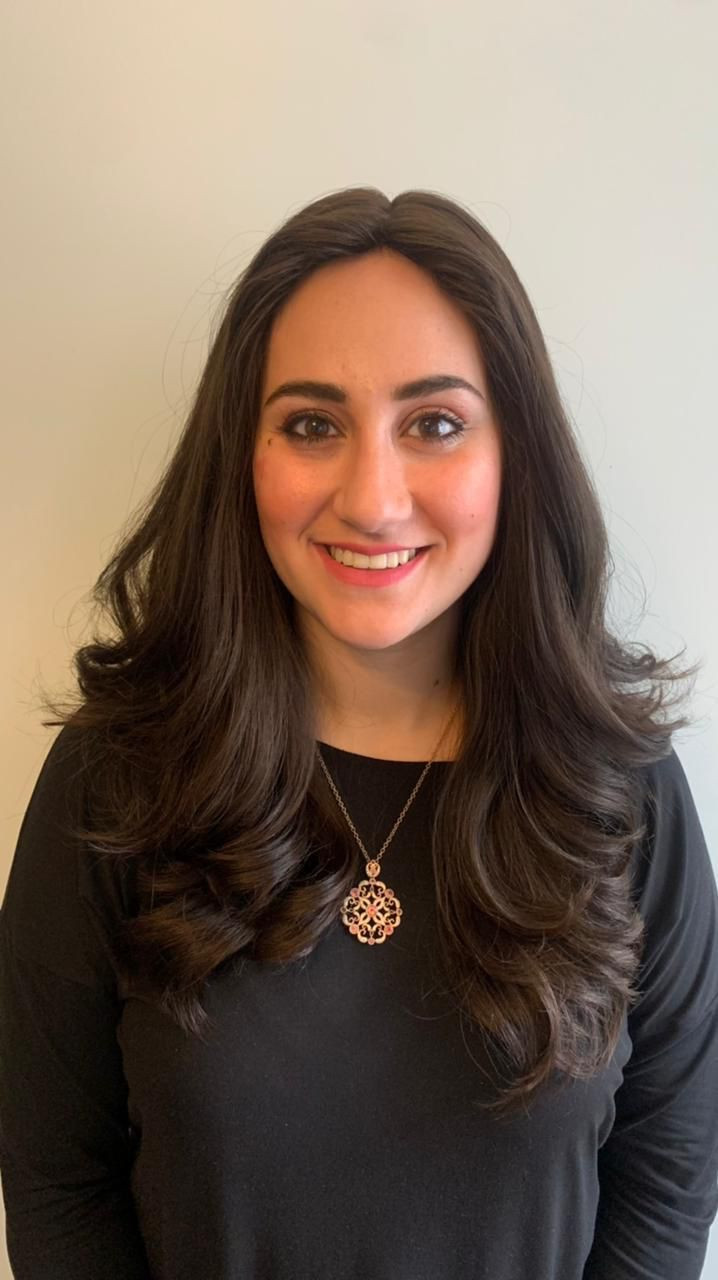
Waiting for Moshiach on Volcanic Land
By Mushky Feldman, Reykjavik, Iceland
For several months, we had been experiencing intense earthquakes. The first time I really felt the tremors, I was shopping at the supermarket. Suddenly, the whole building wobbled and then finally a huge bang was felt as much as heard. Like an explosion…and it was quite frightening! After running out of the supermarket with my baby, I confirmed it was just an earthquake and returned to find my abandoned shopping cart. I couldn’t find it, and as a result, I lost the last few jars of kosher pickles I had taken from the grocery shelf. It turns out that in Iceland, earthquakes are a common occurrence. Since the island sits on the tectonic plates of the European and American continents, they happen every few minutes. But to feel them all the way in the city is not common. Following the incident at the supermarket, we started feeling earthquakes on a daily basis, and then, before long, every few hours. Some were intense, while we only found out about others after the fact. As the earthquakes became stronger and more frequent, geologists in Iceland got to work to determine what was behind this strange development.
Finally, we received clarity: a volcano would be erupting very soon. The earthquakes were a result of the magma (lava) boiling and moving under the ground. Wow! All the residents of the affected area had already undertaken measures in their homes to prepare for the strongest shake yet to come. We removed anything loose from high shelves, secured furniture to the walls, and tucked our kids tightly into bed every night to prevent them from waking up in shock. The unending earthquakes and a potential volcanic eruption were almost constantly on our minds. When Moshiach comes, won’t it be just like that? We are already getting ready in real and tangible ways. The Lubavitcher Rebbe has given us clear direction so many years ago – to keep moving, to keep doing…because Moshiach is almost here. We’ve had the earthquakes, the “ikvesa d’Meshiacha - birth pangs of Moshiach” - like the Rebbe says, for so many years. What more can we do? Here, here comes the big eruption. Moshiach will arrive and it’ll be just like that. Just like a volcano. Bringing forth the depths of Torah, Toraso shel Moshiach.Revealing secrets, giving us strength, illuminating the dark.
A week before Pesach, the very depths of the earth burst out through a beautiful volcano. The lava erupted upwards for days, reaching 300 meters high. We were able to see it hundreds of kilometers away. This active volcano is changing the face of Iceland forever and geologists claim the eruption will continue for many years to come. People are flying from all over the world (with Covid measures in place) to see this incredible phenomena.
May this 15th Av (and Tisha B’av) be celebrated with Moshiach as all the wellsprings of Chassidus burst forth for all the world to see - ומלאה הארץ דעה את ה׳ (and the world will be filled with the knowledge of Hashem), together in Yerushalayim!
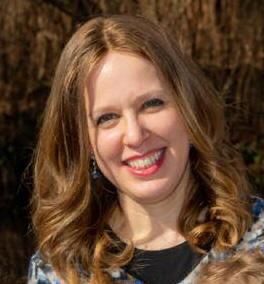
The Promise of Chamisha Asar B’Av
By Batsheva Segal, Berlin, Germany.
This week presents an interesting juxtaposition between the tragedy of Tisha B’Av and the celebratory 15th of Av. While these two events are seemingly at odds with one another, we know that everything happens b’hashgocha protis (Divine Intervention) and there are always deeper connections for us explore.
Historically, the 15th of Av has provided a ray of hope following some of the most devastating events in Jewish history. After 40 years of wandering the Midbar (Desert) to atone for the sin of the Miraglim (Spies), it was on the 15th of Av that Bnei Yisroel understood they were ready to enter Eretz Yisroel. We read the haftorah of Nachamu on the Shabbos following Tisha B’Av and we recall the midrash heralding the birth of Moshiach during this time.
However, perhaps the most powerful allegory for us to consider is the link between the full moon – which is in full effect on the 15th – and the Jewish people. As we know, the Yidden are often compared to the moon and its rotational cycle. At times we glow like the moon at its zenith, while at others we experience darker periods that conceal our true potential. The full moon of the 15th of Av reminds us that even during our moments of shadow and doubt (a la Tisha B’Av), we can always push back the darkness and shine anew.
May we channel the hope of Chamisha Asar B’Av and discover only simchos and joy in the year to come.
Source:
מאמר לא היו ימים טובים לישראל תשמ״ז
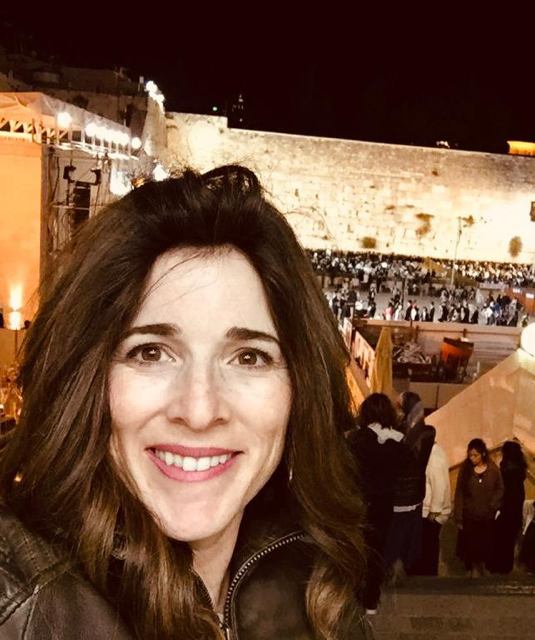
Women of Today, Separating Challah of Tomorrow
By Hindel Swerdlov, Yerushalyim, Israel.
The Jewish Woman comes to the Tomb of Rachel on a Friday morning to pray and perform the mitzvah of “challah” at the site of the oldest Jewish tombstone in history. With this blessing, she, along with fifty other women, will answer “Amen” to hopes, desires and dreams that represent our Jewish nation’s wellbeing.
The inspiration for this female collaboration is to hasten Moshiach, when we will once again be preparing the challot in the Third Temple.
The Mainstay of her Home comes to Momma Rochel on her only day off in the week. She approaches the table where large mixing bowls are set in a row. Into the bowl she pours in her water and flour alongside other women whom she has never met before but with whom she feels a vital connection.
This Superwoman mixes the dough with her bare hands. She sings holy words as she begs for the welfare of her loved ones – and those she does not know, but knows she loves. They are all at Mother Rachel’s grave to pray for an enlightened future, where peace and truth prevail.
This Bedrock of her Home tells her Advocate-on-High, that her People need safety, and her family requires financial stability. She asks for peace of mind and spiritual clarity in her quest for a purposeful life.
She sprinkles salt and sugar into her bowl as she gives thanks to G-d for babies that have been born, for women who have found their Bashert, for those who healed mentally and physically, and for marriages that found more beauty.
This Noblewoman then recites the blessing and separates the challah. She raises it up to G-d in front of “Der Mammeh”, while all those around her cry out “Amen!”
The powerful Collective Feminine within feels the energy of this eclectic group and knows that G-d hears her prayers and the world has already changed for the better.
During this International Challah Bake, may all Women of Israel meditate together on being united as one through the ultimate redemption, and may we hear Rachel Imeinu answer “Amen”.
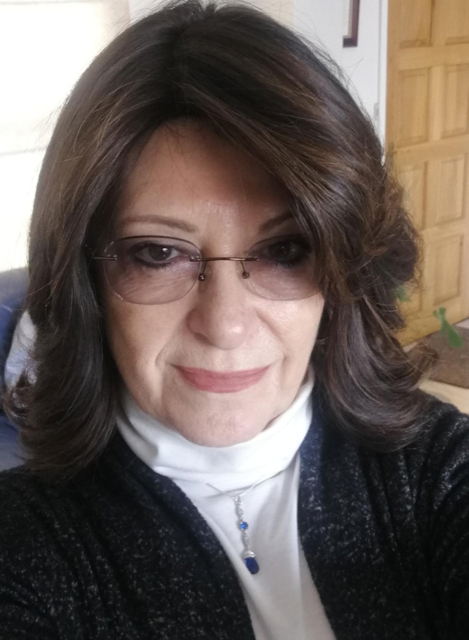
BELIEVING IN GOOD
By Tzivia Grauman, Johannesburg, South Africa.
Suffering seems built into the human condition and no-one is exempt. Pain visits everyone – whether due to a health challenge, a struggle to find one’s bashert (intended spouse), a lack of parnosa (livelihood), or the loss of a loved one. Too often, life appears challenging and bewildering, and Hashem’s ways feel indecipherable and impossible to fathom.
And yet, we are told that we must be b’simcha, that we are obliged to serve Hashem with joy and have absolute faith that everything that we experience is intrinsically good.
In Parshas Vayigash we learn that from the moment Yosef’s brothers arrive in Egypt they are beset by strange, confusing events. The Viceroy behaves in an incomprehensible manner and subjects them to several bizarre experiences. But the instant he says, “Ani Yosef - I am Joseph” everything falls into place. No further explanation is required. In the same way, teaches the Chofetz Chaim, G-d will one day reveal Himself to us and say, “Ani Hashem - I am G-d” and suddenly everything will make sense.
In his book, Bringing Heaven Down to Earth, Tzvi Freeman shares hundreds of meditations from the wisdom of the Rebbe, Rabbi Menachem Mendel Schneerson. On believing in good, the Rebbe says there are two paths. One is that everything is ultimately for the good. The other declares that everything truly is good, because there is nothing else but “He Who Is Good”. May we merit the strength and insight to recognize the overarching truth of this second path, and live in perfect faith that all is not only for good, but is inherently good.
- 1